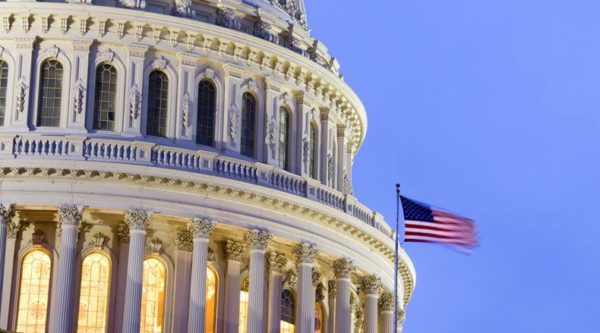
- Details
- By Chez Oxendine, Tribal Business News
U.S. Senators Catherine Cortez Masto (D-Nev.) and Lisa Murkowski (R-Alaska) plan to introduce bipartisan legislation today to level the tax playing field between tribes and local and state governments, Tribal Business News has learned.
The Tribal Tax and Investment Reform Act of 2025 would expand tribes' ability to issue governmental bonds, create $175 million in annual tax credits for tribal community development, and clarify tax rules around Indian lands. The bill builds on advocacy efforts highlighting the stark disparity in municipal bond issuance — state governments issued $47 billion annually from 2014-2020, while tribes issued only $84 million.
"Tribes in Nevada and across the country deserve access to the same tools as state and local governments to strengthen their communities and support their local businesses and services like health, housing, and education," Senator Cortez Masto said. "Our bill makes commonsense updates to the tax code to ensure fairness, create more good paying jobs, and keep more money in Indian Country."
Though the legislation faces uncertain prospects in Congress, tribal advocates say the reforms would put tribes on equal governmental footing and catalyze economic growth in Native communities.
Read the full exclusive story and analysis at Tribal Business News.
Help us defend tribal sovereignty.
At Native News Online, our mission is rooted in telling the stories that strengthen sovereignty and uplift Indigenous voices — not just at year’s end, but every single day.
Because of your generosity last year, we were able to keep our reporters on the ground in tribal communities, at national gatherings and in the halls of Congress — covering the issues that matter most to Indian Country: sovereignty, culture, education, health and economic opportunity.
That support sustained us through a tough year in 2025. Now, as we look to the year ahead, we need your help right now to ensure warrior journalism remains strong — reporting that defends tribal sovereignty, amplifies Native truth, and holds power accountable.
 The stakes couldn't be higher. Your support keeps Native voices heard, Native stories told and Native sovereignty defended.
The stakes couldn't be higher. Your support keeps Native voices heard, Native stories told and Native sovereignty defended.
Stand with Warrior Journalism today.
Levi Rickert (Potawatomi), Editor & Publisher
